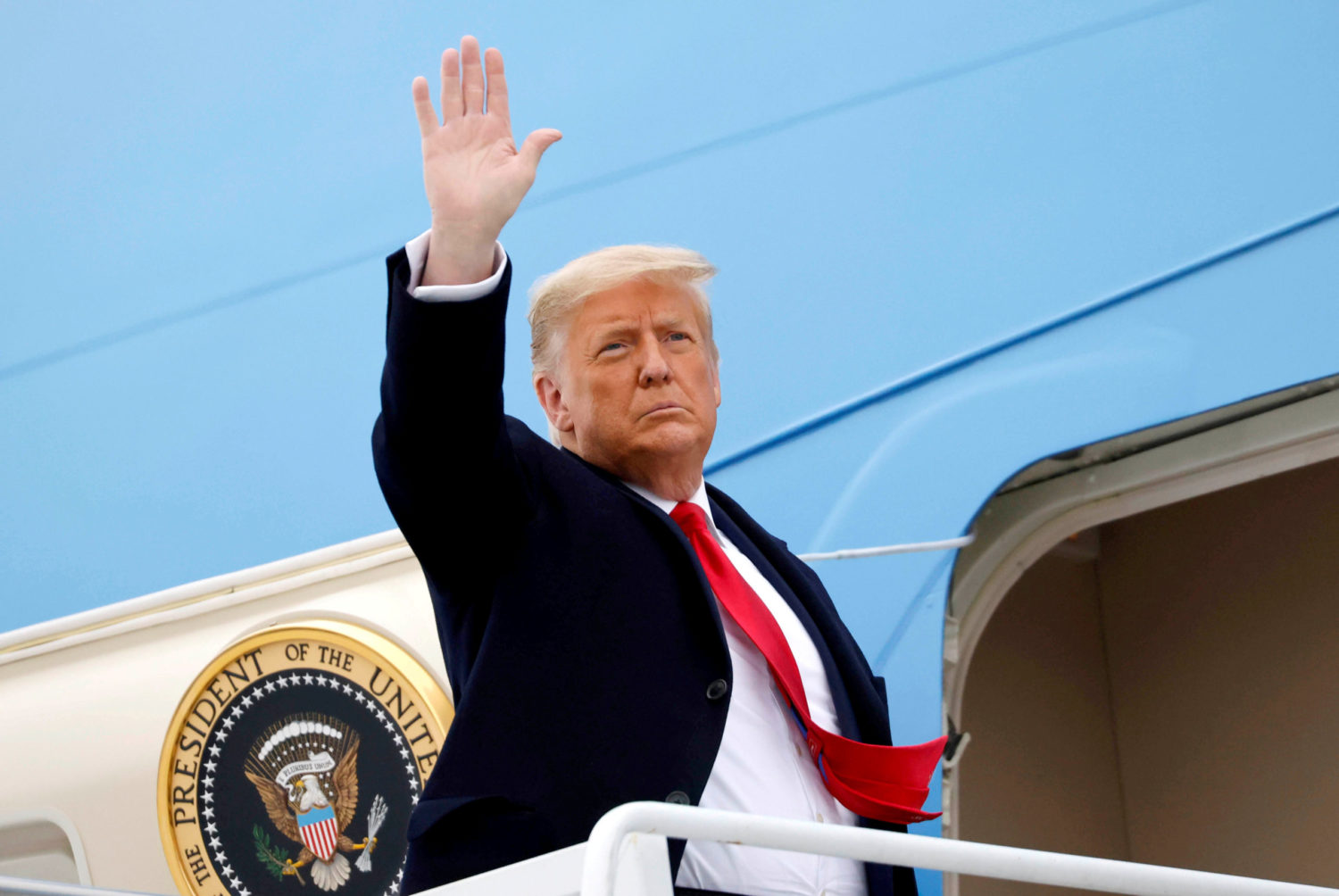
WASHINGTON (Reuters) – The Democratic-controlled U.S. House of Representatives will deliver an impeachment charge against former President Donald Trump to the Senate on Monday, rejecting Republican Senate Minority Leader Mitch McConnell’s request for a delay.
Senate Majority Leader Chuck Schumer, who displaced McConnell as the chamber’s leader after Democrats won two Georgia runoff elections this month, announced the move on the Senate floor but did not say when Trump’s second impeachment trial would begin.
“The House will deliver the article of impeachment to the Senate. The Senate will conduct a trial of the impeachment of Donald Trump. It will be a full trial. It will be a fair trial,” Schumer said on the Senate floor on Friday.
That came the morning after McConnell asked the House to delay sending the charges until next Thursday, and to agree not to start the trial until mid-February to give Trump more time to prepare a defense against the charge that he incited insurrection by his followers who stormed the Capitol on Jan. 6.
“This impeachment began with an unprecedentedly fast and minimal process over in the House,” McConnell said on Friday. “The sequel cannot be an insufficient Senate process that denies former President Trump his due process or damages the Senate or the presidency itself.”
The moves come as Schumer and McConnell are struggling to assert control in a 50-50 chamber where Democrats hold now hold a razor-thin majority thanks to Vice President Kamala Harris’ tie-breaking vote.
The trial could distract from Democratic President Joe Biden’s efforts to push an ambitious legislative agenda through Congress, including nearly $2 trillion in fresh COVID-19 relief for Americans and U.S. businesses, as well as the need to confirm his Cabinet nominees.
Trump last week became the first president in U.S. history to be impeached twice, and when the Senate convenes for his trial will be the first president to be tried after leaving office.
Ten House Republicans joined Democrats on Jan. 13 in impeaching him. The support of at least 17 Senate Republicans would be needed to convict him; a separate vote would then be needed to ban him from running for office again.
Such a vote could signal that senior Republicans were eager to remove Trump as the de facto leader of their party; he has said he may seek to run again in 2024.
Trump’s fate ultimately could depend on McConnell, whose position is likely to influence other Republican lawmakers. The Kentucky Republican said this week that the mob was “fed lies” and “provoked by the president and other powerful people.”
(Reporting by David Morgan; Editing by Scott Malone and Alistair Bell)











